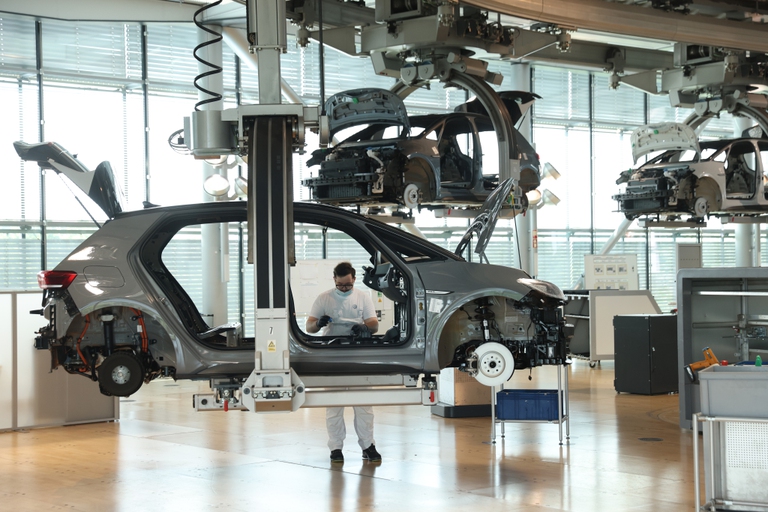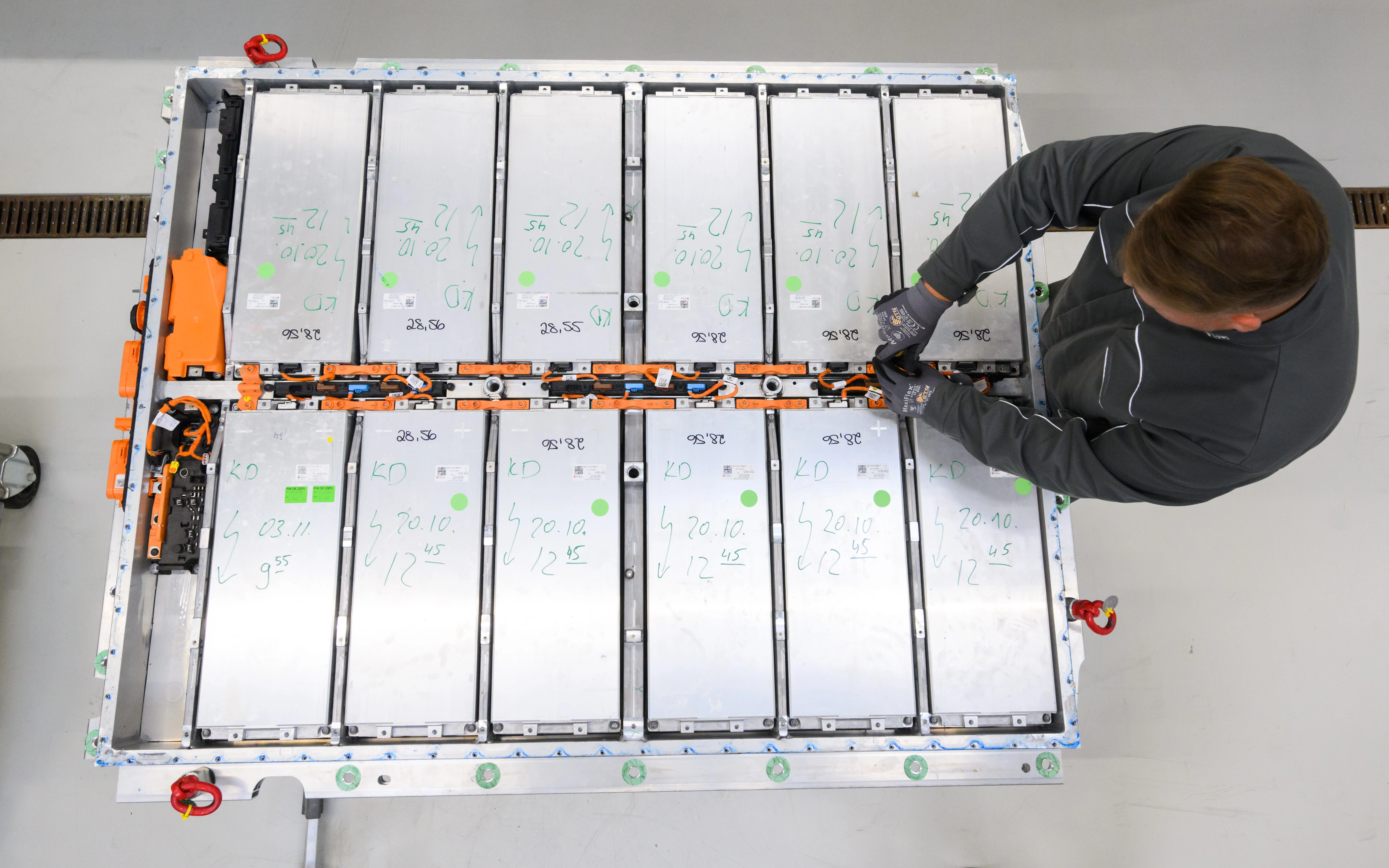https://www.lifegate.it/mobilita-elettrica-traina-occupazione
- |
The transition towards electric mobility will bring benefits not only for the environment and health, but also from the point of view employment.In 2030, the automotive sector in Italy will have 296,800 jobs compared to 280,000 in 2022, with a growth of 6 percent.This is provided that we grasp the two main challenges of the near future:The recycling of components and the reconversion of small and medium-sized enterprises in our country.

Over 4 thousand employed just to adapt the charging infrastructure
These conclusions were reached by the research “The evolution of the automotive sector in Italy.The impact of sustainable mobility on the economy and work", conducted by Rome Business School. A study that refutes one of the most critical theses regarding the acceleration imposed by Europe towards the electrification of the sector:the risk that yes they lose thousands of jobs.For companies specialized in the production of components, the sole creation of charging infrastructure of electric vehicles – estimated to be 3.2 million home charging points and 110,000 public charging points – will generate over 4,000 new direct jobs by 2030.
Fabrizio Zucca, an automotive and sustainability expert who oversaw the research, highlights that "many jobs are at risk, but SMEs have the ability and knowledge to adapt and thus mitigate the impact of the transition to electric mobility".From this perspective "it is essential to support their reconversion towards new technologies and encourage the adoption of new business models to guarantee the competitiveness of the entire Italian automotive sector".Our country will have to adopt ambitious policies, through targeted investments in research and development of increasingly efficient technologies, in the expansion of infrastructure such as charging points and in the integration of intelligent traffic management systems.

Battery recycling is essential for the future of electric mobility
Also because the trend of market speak clearly:in 2021 sales of hybrid and electric cars recorded a +199 percent compared to the previous year, settling at 38.4 percent of registrations.In addition to the issue of the reconversion of SMEs, another central challenge is represented by recycling.The new ones electric batteries, which have a useful life of between 10 and 15 years inside a car, could be reused as domestic accumulators or its components could be recycled.
In this regard, the European battery regulation predicts that by 2030 recyclability levels of 95 percent for cobalt, copper, nickel and 75 percent for lithium will have to be achieved.As he points out Valerio Mancini, director of the Rome Business School Research Center, “it is very likely that the lithium I am using on my battery today, having completed its full cycle, will provide the materials for the production of my son's battery.Unlike the fossil fuel and its supply chain that I consume today and which cannot be reused in the future.”It is therefore certain that, despite the higher initial cost, electric cars offer important benefits economic advantages long term.With its long tradition in the automotive sector and its experience in the design and production of high-quality vehicles, Italy has all the potential to guide the transition towards electrified mobility.
